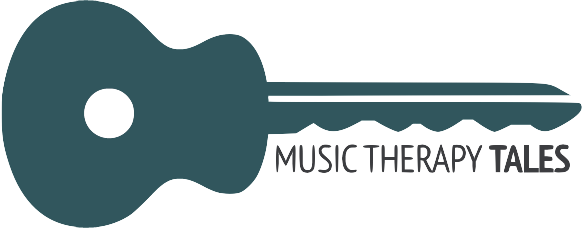So Young at Heart!
I just saw the Young at Heart Chorus again. This has to be my fifth time seeing them. They always fill me with love, inspiration and laughter. This time I brought my daughter, mother and a family friend. My mother and daughter have seen them before and we were very much looking forward to the performance. It was just as good as we hoped and expected.
If you don’t know them, let me have the pleasure of introducing this chorus of elders to you. Their mission is to present “a unique and positive image of aging” through their performances.
In 2008, the Walker George documentary Young@Heart toured local theaters. It was advertised as a testament to the “life-affirming power of music.” That was all I needed to hear to make time in a busy schedule to see the film. I fell in love with the singers and the conductor, Bob Cilman, when I first saw it. Since then, I’ve bought the film and seen it dozens of time. I’ve showed clips from the film to hundreds of undergraduate and graduate students in various classes. The lesson is: music is a gift of life and a gift for life.
Seeing the choir again continues to affirm those learning points. And this week, my psychology of music classes are studying music and aging. We all read a wonderful article published from the lab of Nina Kraus. Nina’s work is astounding and so meaningful to the fields of music therapy, music education and arts advocacy. Here are some of the problems we face in the near future:
- there will be nearly 50 million people over the age of 70 in 2030 with age-related hearing loss
- hearing loss in elders, especially hearing in noise, contributes to stress, social isolation and depression.
- music training has become a tool to prevent and remediate age related declines
- age-related hearing loss exacerbates decline in cognition
Here are some of important benefits of music training summarized in this article:
- musicians, who are actively involved with sound, reinforce auditory-cognitive skills which appear to improve neural processing of speech despite aging and hearing loss
- musicians with hearing loss did better on hearing speech in noise (think noisy restaurants) and auditory working memory than normal hearing non-musicians!!
- 4 of 5 signature effects of aging on the brain’s ability to encode speech is absent in lifelong musicians
- even people who begin music training as adults benefit
- the advantages of music training remain even after 40-50 years of not playing an instrument
The research absolutely supports my assertion that music is a gift for life.
